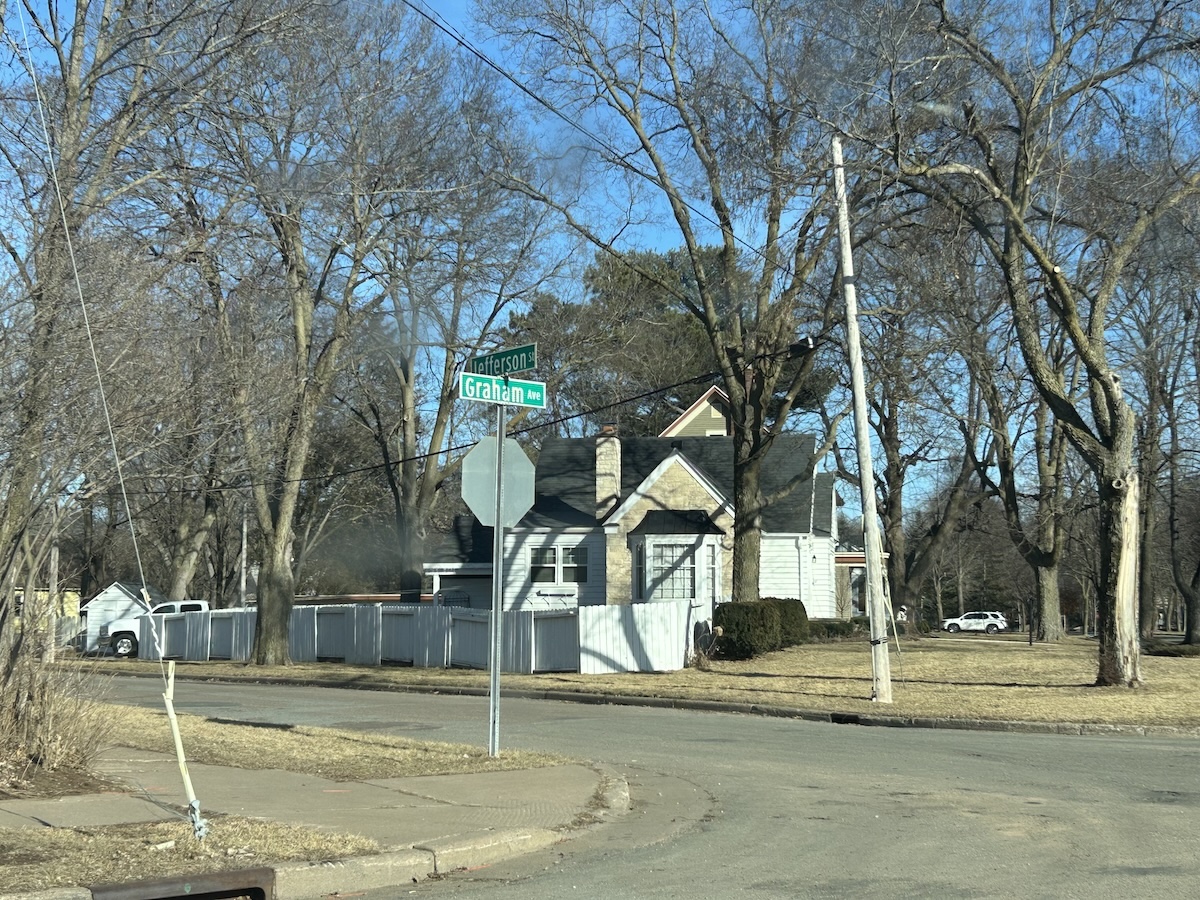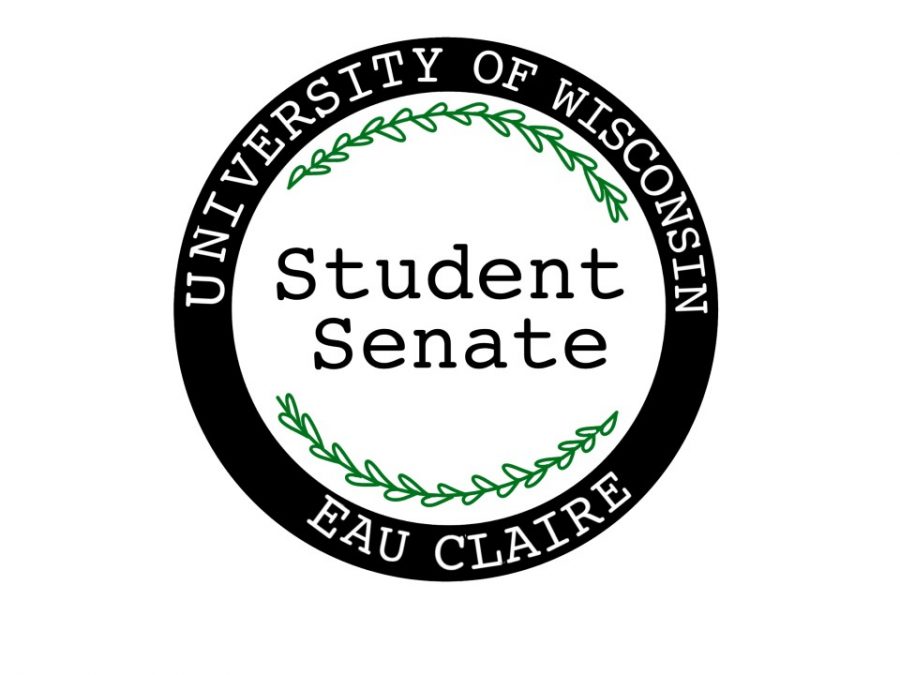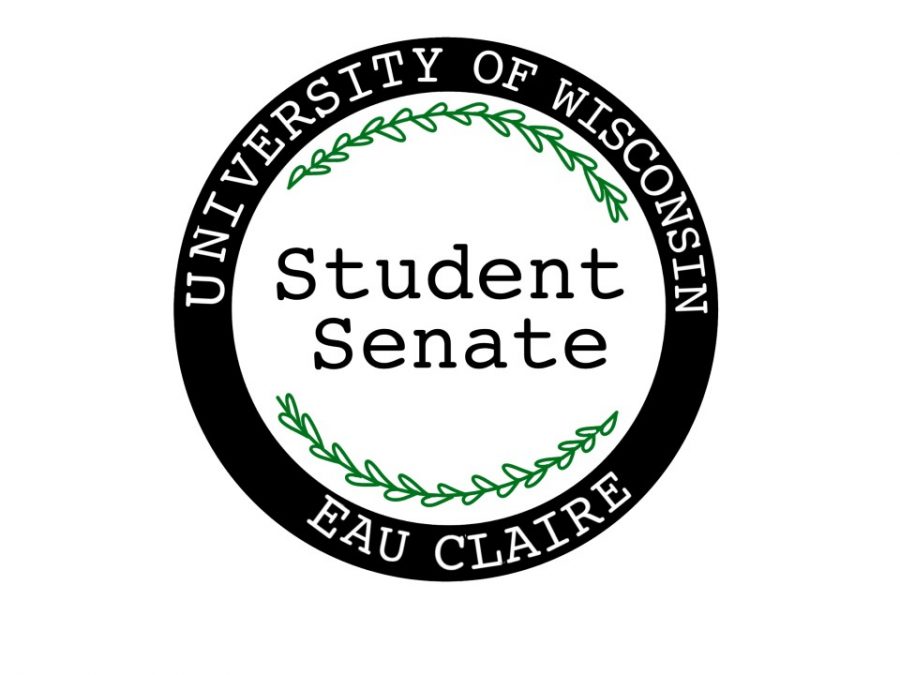Ask anyone who’s studied abroad about their experience; chances are, the response will be positive. For five UW-Eau Claire students studying at Kansai Gaidai University in Hirakata City, Japan, however, their time abroad — in lieu of the recent natural disaster — was cut in half.
On March 18, exactly one week after the initial quake off the coast of the Oshika Peninsula of Tohoku, the UW System (in somewhat response to the travel warning issued by the state department) declared a recall of all UW students studying in Japan — regardless of their proximity to the disaster’s aftermath.
“It’s certainly a disappointment; there’s no denying that,” said Dr. Karl Markgraf, director for the Center for International Education. “We’re awful glad that nobody was hurt.”
The decision made by the UW System to pull the students out –—which Markgraf describes as “very clear and directed” — was decided after a negotiation with Kansai Gaidai University.
“Decisions like these are predominately left up to the discretion of the host campus,” said Salvador Carranza, Academic Planner for the UW System. “When there’s a catastrophe event with students at risk, we immediately contact the university with our concerns; if they agree that, yes, bringing the students back would be safer, then the decision is made immediately.
“The same thing would have happened with students studying in Egypt at the beginning of the year,” he went on to say. “It’s not a decision made unilaterally by the carrier.”
Markgraf said the students’ return home was funded by CISI Insurance, mandated by the UW System. Now that the students are safely back — with three staying in the dorms and two living off campus — he said they will be able continue their courses and finish up the semester from Eau Claire.
The students were about halfway through their program when they were asked to return and now the goal is to keep them enrolled without delaying their financial aid and academic process, Markgraf said.
“We’ve been working with faculty at Kansai Gaidai, as well as, hired a Japanese professor here to keep the courses going for the students,” he said. “Some of it is distant learning with the students taking their original course from Kansai Gaidai over the Internet, and some have been worked out here with our faculty.”
Although the earthquake was more than 900 kilometers from Kansai Gaidai, Markgraf said that the evacuation — although admittedly disappointing for the students abroad — was the right move to make.
“The students weren’t in any direct, immediate danger,” he said. “But the major concern had to do with uncertainty on how the situation would develop, specifically in regards to the radiation clouds.”
Rachel Green, who studied at Kansai Gaidai last spring, agrees that holding the student’s safety as a top priority was appropriate.
“I think it was the correct thing to do,” she said. “As much as it sucks, there’s a high chance of a really large aftershock. This is a huge event, as it’s better to be safe in these kinds of circumstances.”
Markgraf said students can expect the Kansai Gaidai program to be available again in the fall. As for the students who just returned, though, he said the CIE is already working on ways for them to return.
“We’re already implementing ways to get them back,” he said. “But as of now, I’m very happy everything’s worked out, given the situation. So many departments here at the university have shown such commitment and support to ensuring these students get back on track — and that, above all, is our main priority.”






